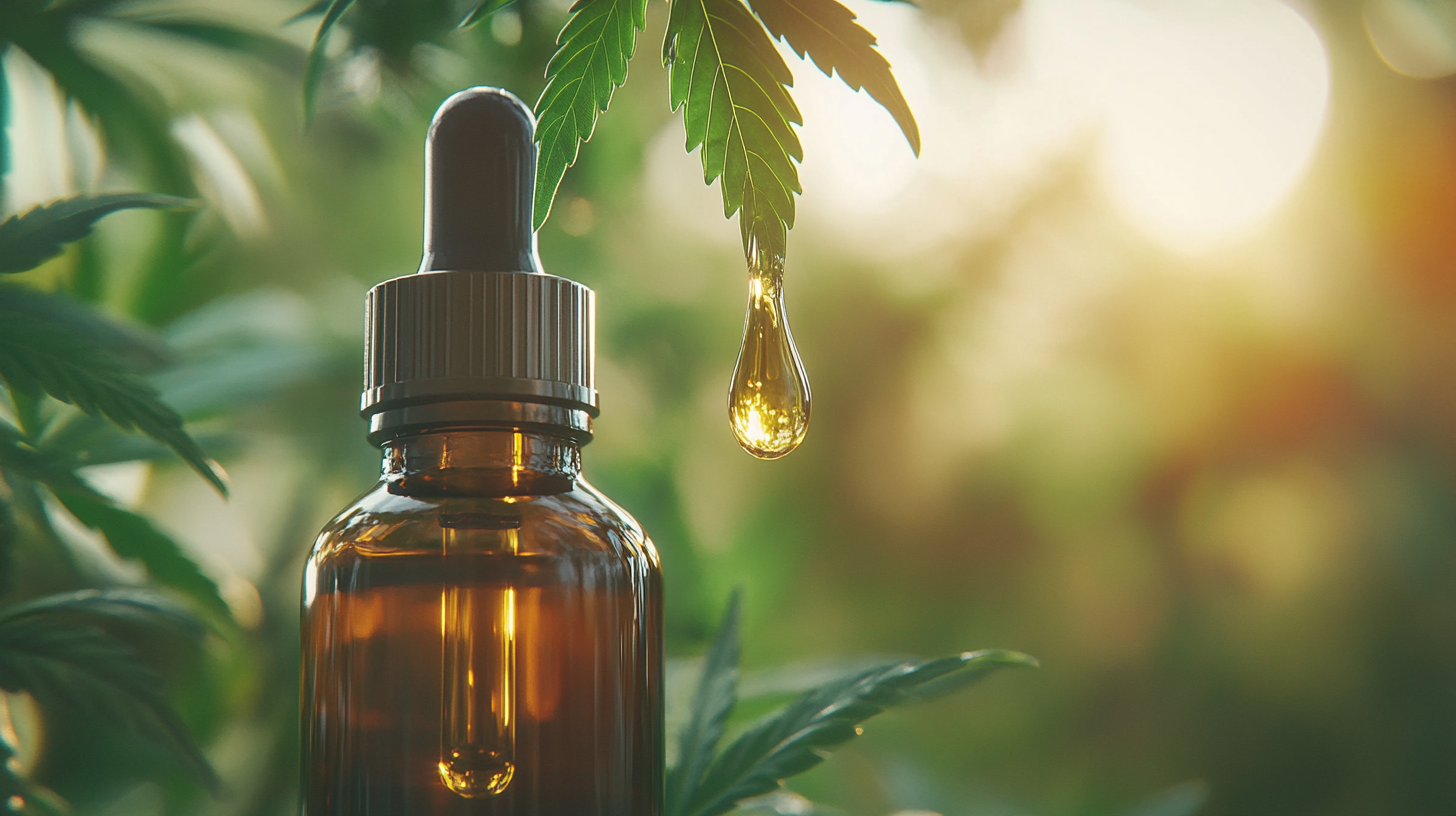With the growing popularity of CBD oil, many people are exploring its potential benefits for various health concerns. However, selecting the right product can be overwhelming due to the vast array of options available. This article aims to guide you through the process of choosing the best CBD oil tailored to your specific needs.
Understanding CBD Oil
CBD, or cannabidiol, is a compound found in cannabis plants. Unlike THC, it does not produce a psychoactive effect. Many users report benefits such as pain relief, reduced anxiety, and improved sleep. Before diving into the selection process, it’s important to understand the different types of CBD oil available.
Types of CBD Oil
- Full-Spectrum CBD: Contains all cannabinoids found in the cannabis plant, including trace amounts of THC. This type is believed to produce the “entourage effect,” where all compounds work synergistically.
- Broad-Spectrum CBD: Similar to full-spectrum but without THC. It still offers the entourage effect without the risk of psychoactive effects.
- CBD Isolate: Pure CBD with no other cannabinoids. Ideal for those who want to avoid THC entirely.
Factors to Consider When Choosing CBD Oil
When selecting a CBD oil, several factors can influence your decision. Understanding these can help you make an informed choice.
Source of Hemp
The quality of CBD oil is heavily influenced by the source of the hemp used. Opt for products made from organically grown hemp to avoid exposure to pesticides and other harmful chemicals. U.S.-grown hemp is often preferred due to strict agricultural regulations.
Extraction Method
The method used to extract CBD from the hemp plant can affect the quality of the final product. CO2 extraction is considered the gold standard as it preserves the purity and potency of the oil without using harmful solvents.
Third-Party Testing
Reputable CBD brands provide third-party lab test results to verify the potency and purity of their products. These tests can confirm the absence of contaminants and ensure that the product contains the advertised amount of CBD.
Concentration and Dosage
CBD oils come in various concentrations, typically measured in milligrams (mg). Beginners may start with a lower concentration and gradually increase the dosage as needed. It’s advisable to consult with a healthcare professional to determine the appropriate dosage for your needs.
Price and Value
While price is an important consideration, it should not be the sole factor in your decision. Higher-priced products often reflect better quality and purity. Compare prices per milligram of CBD to assess the value of different products.
Case Studies and Examples
Several studies and anecdotal evidence highlight the potential benefits of CBD oil. For instance, a 2019 study published in “The Permanente Journal” found that CBD may help improve sleep and reduce anxiety in patients. Another example is a case study involving a patient with chronic pain who reported significant relief after using full-spectrum CBD oil.
Common Uses of CBD Oil
CBD oil is used for a variety of health concerns. Here are some common applications:
- Pain Management: Many users find relief from chronic pain conditions such as arthritis and fibromyalgia.
- Anxiety and Depression: CBD may help alleviate symptoms of anxiety and depression by interacting with serotonin receptors in the brain.
- Sleep Disorders: Some individuals use CBD oil to improve sleep quality and address insomnia.
- Inflammation: Its anti-inflammatory properties make it a popular choice for conditions like inflammatory bowel disease.
Potential Side Effects
While CBD is generally well-tolerated, some users may experience side effects such as dry mouth, dizziness, or changes in appetite. It’s important to start with a low dose and monitor your body’s response. Consulting with a healthcare provider can help mitigate potential risks.
Conclusion
Choosing the best CBD oil involves understanding the different types, considering factors like hemp source and extraction method, and evaluating third-party testing results. By taking these elements into account, you can select a product that aligns with your health goals and preferences. As with any supplement, consulting with a healthcare professional can provide personalized guidance and ensure safe usage.
